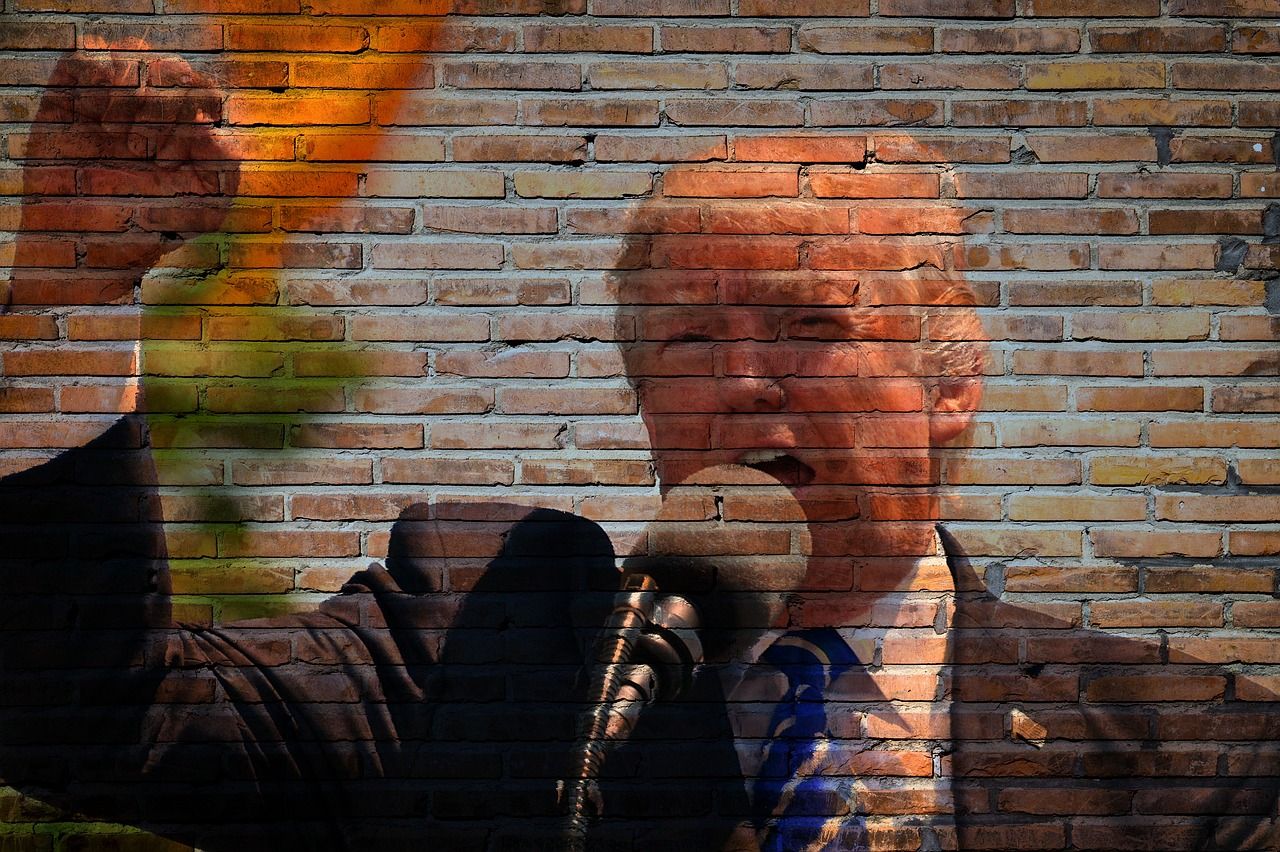
Earn Your First Bitcoin Sign up and get $12 Bonus Referral bonus up to $3,000
El Salvador has long been a bitcoin advocate. The currency is a national form of payment within its borders, but while the president of the nation may be pleased about the prospects, there are many other leaders in the United States and other countries that think the current situation is a bad one.
El Salvador and Bitcoin Are Getting on the U.S.’s Bad Side
Recently, a handful of senators and lawmakers in the U.S. – including Bob Menendez of New Jersey (a democrat) and Jim Risch of Idaho (a republican) – criticized El Salvador for walking what they referred to as a thin monetary path, and they issued a new form of legislation designed to get the country to fess up and account for its actions.
Known as the Accountability for Cryptocurrency in El Salvador Act, the bill is designed to get El Salvador to produce a new report that talks about how it’s using crypto and what it’s doing to ensure users are safe.
The document the nation is required to produce should also detail all the security risks of having bitcoin as legal tender. It should also talk about economic stability and democratic governance surrounding bitcoin use and issuance. In an interview, Risch said:
Using cryptocurrency as legal tender could weaken economic and financial stability and empower malign actors. Given U.S. interest on prosperity and transparency in Central America, we must seek greater clarity on how the adoption of bitcoin as legal tender may impact El Salvador’s financial and economic stability, as well as El Salvador’s capacity to effectively combat money laundering and illicit finances.
El Salvador has been running on the bitcoin hamster wheel for about two years. The nation was the first in the world to declare bitcoin legal tender, having done so in September of 2021. The nation did all it could to ensure bitcoin could be utilized for payments so that U.S. dollar use could ease down and potentially be done away with for good.
But while things may have looked good on paper at first, the maneuver has run into some problems. The country has run up quite a bit of bitcoin-related debt over the past year thanks to the crypto winter of 2022 that caused the world’s number one digital currency by market cap to lose more than 70 percent of its value. Several residents, fearing the criminality that is often tied to bitcoin use, have also protested in the streets of the nation’s capital.
Dismissing the Worries
Bukele has often pushed aside the concerns of lawmakers in the U.S. that surround his country’s bitcoin journey. On Twitter in 2022, he wrote:
Never in my wildest dreams would I have thought that the US government would be afraid of what we are doing here. The US government DOES NOT stand for freedom.
Read More: www.livebitcoinnews.com









 Bitcoin
Bitcoin  Ethereum
Ethereum  XRP
XRP  Tether
Tether  Solana
Solana  Dogecoin
Dogecoin  USDC
USDC  Cardano
Cardano  Lido Staked Ether
Lido Staked Ether  TRON
TRON  Chainlink
Chainlink  Avalanche
Avalanche  Wrapped stETH
Wrapped stETH  Wrapped Bitcoin
Wrapped Bitcoin  Sui
Sui  Toncoin
Toncoin  Stellar
Stellar  Hedera
Hedera  Shiba Inu
Shiba Inu  WETH
WETH  Polkadot
Polkadot  LEO Token
LEO Token  Litecoin
Litecoin  Bitcoin Cash
Bitcoin Cash  Bitget Token
Bitget Token  Hyperliquid
Hyperliquid  Uniswap
Uniswap  Official Trump
Official Trump  USDS
USDS  Wrapped eETH
Wrapped eETH  Pepe
Pepe  NEAR Protocol
NEAR Protocol  Ethena USDe
Ethena USDe  Aave
Aave  Aptos
Aptos  Internet Computer
Internet Computer  Monero
Monero  WhiteBIT Coin
WhiteBIT Coin  Ondo
Ondo  Ethereum Classic
Ethereum Classic  Cronos
Cronos  POL (ex-MATIC)
POL (ex-MATIC)  Mantle
Mantle  Render
Render  Dai
Dai  MANTRA
MANTRA  Algorand
Algorand